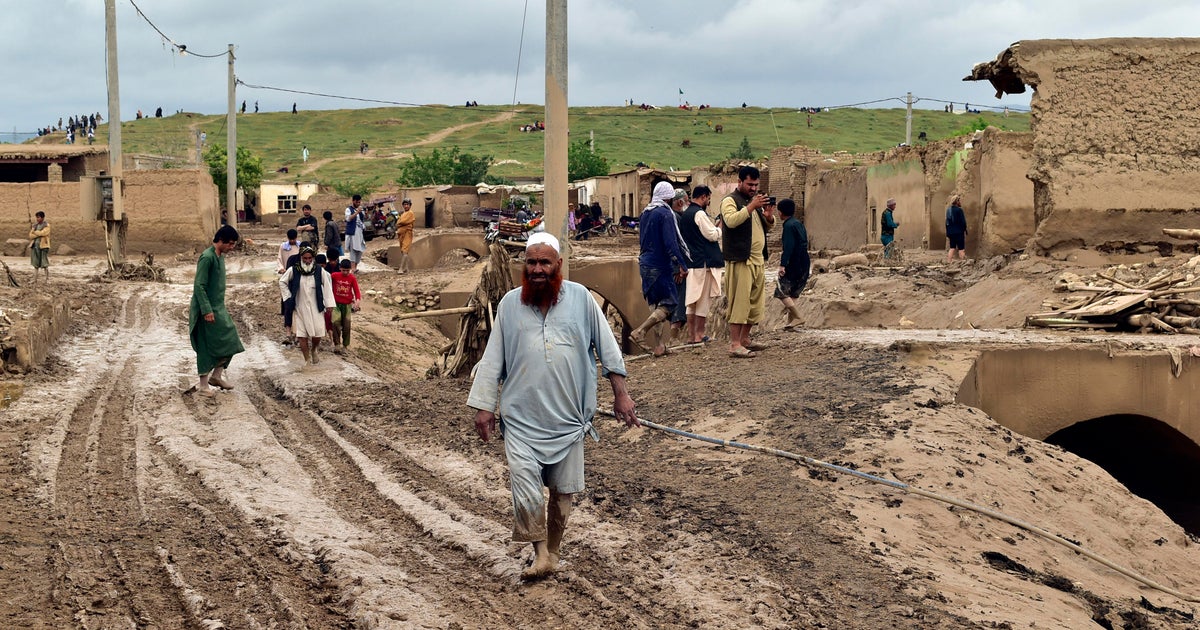Water, water, everywhere: U.N. report warns of global water crisis amid climate change
The world is woefully underprepared for water-related disasters as floods, hurricanes and droughts intensify with climate change, the United Nations' weather agency said in a new report released this week.
Global water management is "fragmented and inadequate," the U.N.'s World Meteorological Organization, development agencies and other groups found.
Almost 60% of 101 countries surveyed need better forecasting systems to help prevent devastation from severe weather.
Take floods. Since 2000, flood-related disasters have more than doubled globally compared to the previous two decades. Droughts have also become more widespread, up 29%, the report found.
And the number of people with inadequate access to water is expected to rise to more than 5 billion by 2050, up from 3.6 billion in 2018, the report said.
"We need to wake up to the looming water crisis," said Petteri Taalas, secretary general of the World Meteorological Organization.
The escalating events, including North America's unprecedented heat waves, water shortages and surprise flooding this summer, have both human and economic costs.
African countries recorded the most drought-related deaths. The steepest economic losses from drought were in North America, Asia and the Caribbean, the report found.
Water scarcity and risk are harder to track than other climate-related issues, such as carbon emissions. In the U.S., for example, local laws govern use and access rights, sometimes down to the city, county and town level. It's often even harder to track who is withdrawing water, and in what quantities, from sources such as lakes and aquifers, experts have said.
Globally, the U.N. report found that 25% of all cities are already experiencing regular water shortages. Over the past two decades, it said the planet's combined supplies of surface water, ground water and water found in soil, snow and ice have declined by 0.4 inches (1 centimeter) per year.
Population growth will further strain water supplies, particularly in sub-Saharan Africa, said Elfatih Eltahir, a professor of hydrology and climate at the Massachusetts Institute of Technology, who wasn't involved in the report.
"The availability of water in rising populations shapes where water adaptation will be quite urgent," he said.
Among the actions recommended by the U.N. report were better warning systems for flood- and drought-prone areas that can identify, for example, when a river is expected to swell.
Better financing and coordination among countries on water management is also needed, according to the report.
Despite some progress in recent years, the report found that based on current rates of advancement, 107 countries would not meet goals to sustainably manage water supplies and access by 2030.



